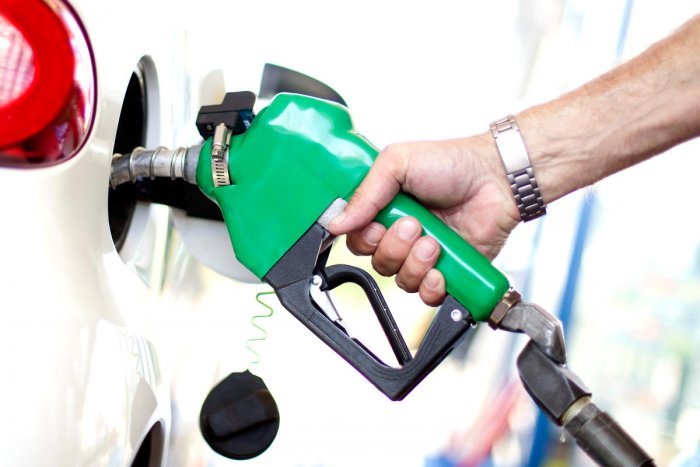Rama Krishna Sangem
Narendra Modi led government’s decision to bring down the import bill of oil has been transforming Indian agriculture scenario. Suddenly, maize farming that produces corns has picked up like anything and farmers are making good revenues. You know what? At least 20 per cent of petrol that comes into our vehicles is from corn based ethanol, produced by corn grown by our farmers.
India’s maize cultivation has surged by 9 lakh hectares in the 2025-26 kharif season, driven by the ethanol push. The government’s E20 ethanol-blending program has increased maize demand, making it a key feedstock, says a Down To Earth’s study..
However, this shift raises concerns about food security and the impact on other crops like oilseeds and pulses, crucial for nutritional security. The area under maize cultivation in India has seen a sharp increase of around 9 lakh hectares (lha) in the ongoing kharif season, driven by the push for ethanol.
Maize has been sown across 91.89 lha so far in the 2025-26 kharif season, according to data from the Department of Agriculture and Farmers Welfare. This is up from 83.15 lha in the same period last year and a 10.5 per cent year-on-year rise. Compared to the normal sowing (five-year average) for this period, the increase is even steeper at 16.3 per cent.
Maize accounts for 43 pc of ethanol
The surge is largely attributed to better market prices and the growing demand of maize from the government’s E20 ethanol-blending programme, which aims to blend 20 per cent ethanol with petrol by 2025-26.
Distilleries in India currently depend on first-generation (1G) sources (food crops and their byproducts), with rice, sugarcane and maize being the three main crops used as feedstocks. In recent years, maize has emerged as one of the main feedstocks of ethanol production. During the ethanol supply year (ESY) 2023-24, maize accounted for 42.74 per cent of total ethanol production, surpassing sugarcane and rice.
While the ethanol programme has boosted maize prices and incentivised farmers, it has also raised concerns about energy security coming in conflict with food, animal feed, and nutrition security. The centre is aware of the concerns and taking steps to see that livestock feed is not affected by the diversion of maize to ethanol, said sources in the oil ministry.


